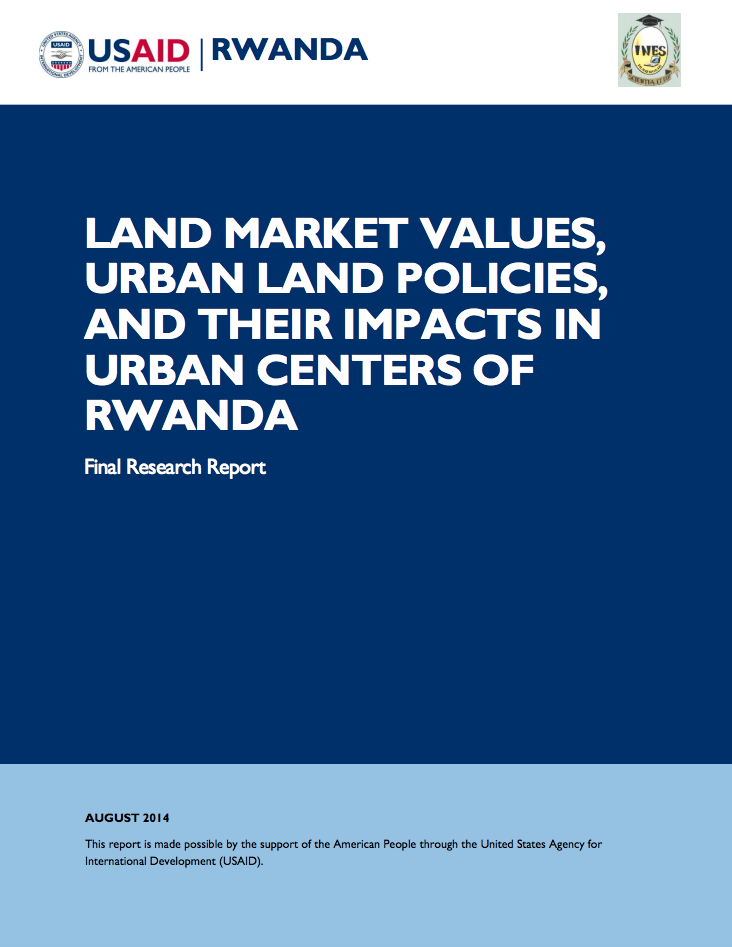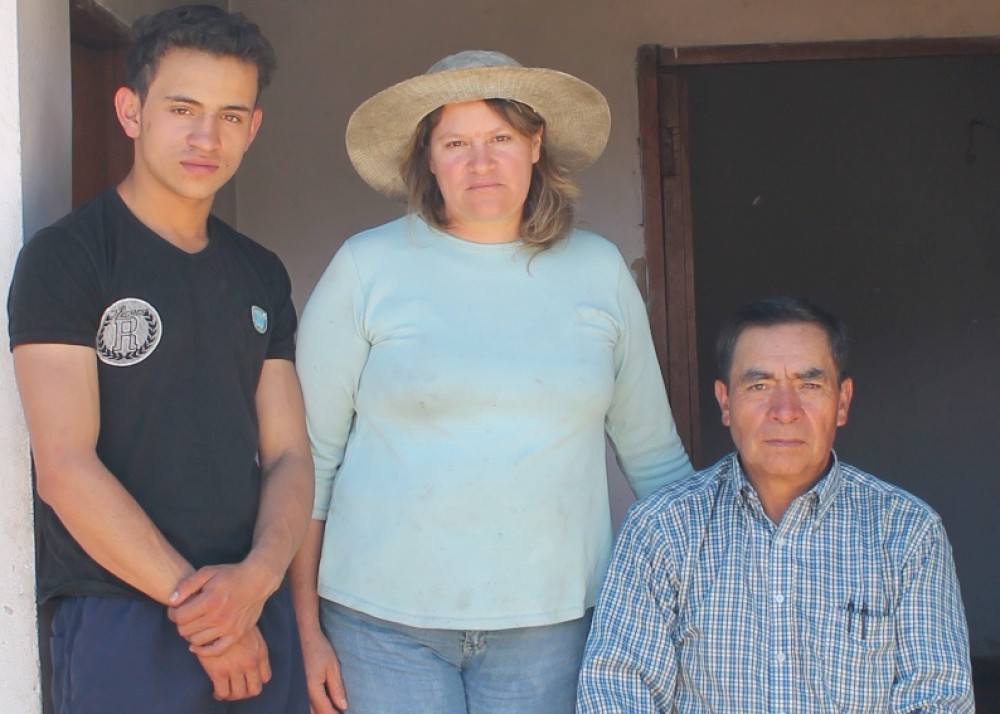Moldova - Agricultural Policy Notes : Policy Priorities for Agricultural Development, Volume1. Land
The objective of this policy note on
land is to assist the Government of Moldova in improving the
effectiveness of land management in agriculture, with a view
to enhancing the sector's contribution to
Moldova's economic growth and poverty reduction
objectives. The note reviews the progress that has been
made to date on land reform in Moldova, and provides
rigorous economic analysis of the impacts of the reforms and



